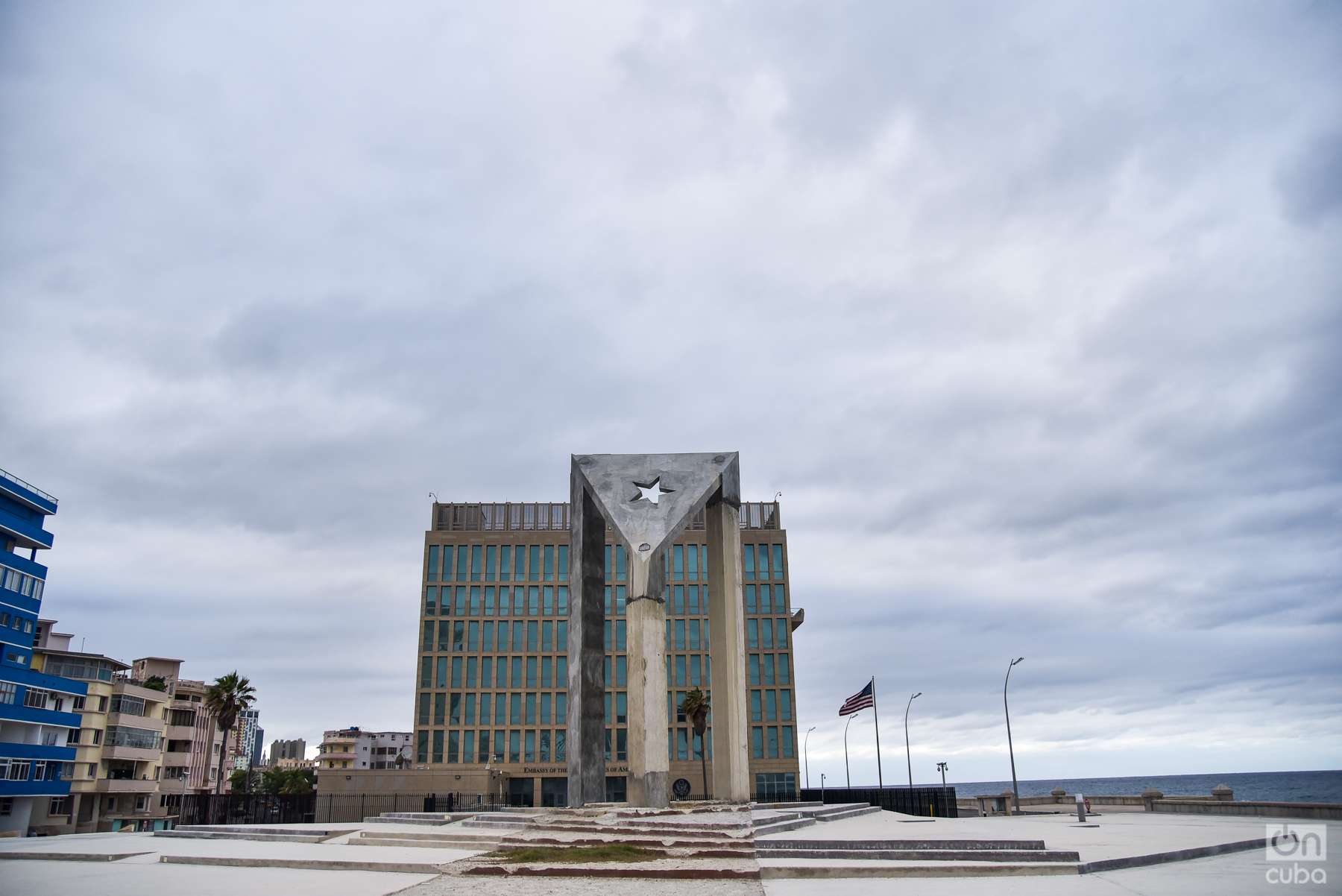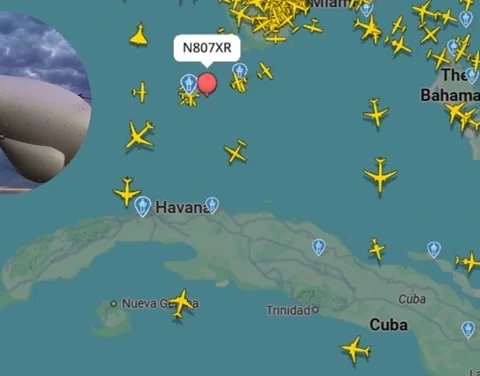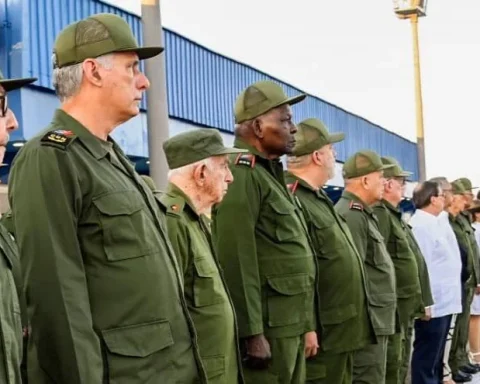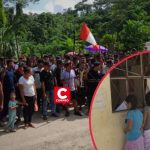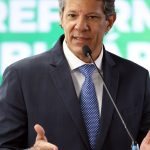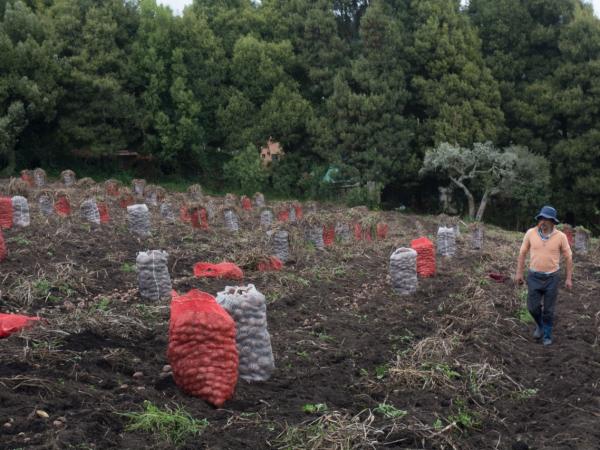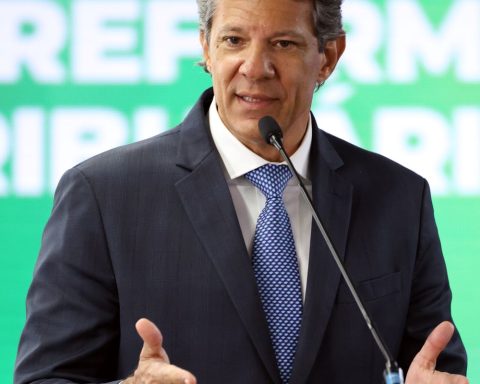Whenever I talk about Cuba-USA. In the US, I warn you that when it comes to cyclones, the ball game and relations with the North, all Cubans know a lot.
However, differences arise when dealing with these issues. When a cyclone approaches, no one hesitates to listen to the meteorologists. The only credible predictions about baseball are made by seasoned veterans. When it comes to the relationship with the United States, anyone throws the snails. The same in official, state, non-state, private, anti-government, pro-government media. Literally.
Perhaps because politics and international relations are more fodder for conversation than for knowledge. Or perhaps due to global currents, such as the devaluation of the political, its reduction to the content of speeches, the rejection of everything that smacks of rhetoric, the declining credit of government institutions. In our case, it could also be due to the very Cuban tendency to confuse the causes of everything (what we don’t know how to explain) with ideological motivations, from here or there.
If a physicist, a filmmaker, a doctor, an engineer, or a chef, say a nonsense in their own fields, they risk being discredited. When any of them judges politics, the same thing does not happen. As if it were simple opinions or beliefs. And in matters of belief, there is no truth or falsehood.
Having researched US-Cuba relations for some time, and having been wrong many times, I have discovered that the closest thing to examining them in the cold is peeling an onion.
The first thing is to put on glasses, against tearing; and go removing the shell, and separating its successive layers. The shell becomes the wish list that everyone has the sovereign right to make regarding those relationships and their future; but better book for another time. To reason them out, the next step is to separate the cluster of topics around which Cuba and the US have convergent or divergent policies, which could fill drawers. Then it would be necessary to peel the repertoire of accumulated problems, a long list that is identified as “the dispute.” To get to the short list, which is the negotiable agenda of the moment.
In the drawer of topics is, let’s say, the nuclear issue. Having been the only country in the region threatened by a nuclear attack, Cuba refused for a long time to give up arming itself, with the same right as the US. Why should they and not us? In the end, I would sign the Treaty of Tlatelolco, which outlaws nuclear weapons in the region, in 1995, almost twenty years after it was proclaimed. He did not do it precisely to go against the US, but rather in response to the call of Latin Americans, and Mexico in particular. And he decided so, by the way, in a world in which the proliferation of nuclear weapons outside the great powers is spreading like purslane.
On the long list of the “bilateral dispute” has always been, for example, the Guantánamo naval base. Strictly speaking, some other topics of this “dispute” are not exactly bilateral. For example, the Cuba-Venezuela relationship, put as a reason for the reinforced isolation measures applied by the Trump administration. Let’s say that, in order to discern whether or not these accumulated problems are part of a negotiable agenda, we must relate them to the scale of priorities, and also to the spectrum of reality.
For example, the Cuban side has said that Guantanamo cannot be waived; but it is not his priority. As for relations with Venezuela on the US-Cuba agenda, the evolution of the US-Venezuelan conflict has been in charge of putting them where they are going. As has been seen, the ball was not exactly on the side of Cuba, where the Bolton-Claver Carone-Rubio brand rhetoric had wanted to place it.
As self-evident as all of the above may be, some observers confuse the content of negotiable agendas with wish lists or pronouncements. Thus, they put “human rights and individual liberties”, “economic opening and legal security”, “approvingly (sic) of a greater and irreversible opening”; “formal, legal and real recognition of entities and organizations of civil society”. The approach attributes to the diplomatic teams that meet with Cuba an inability to differentiate between priority items on a negotiable agenda and political goals to pursue.
If, on the contrary, one decides to learn from what happened, he will see that Obama affirmed from the beginning that the US did not intend to intervene in internal changes, that they were only “a thing of the Cubans”, although to the US. he would like Cuba to be more democratic, pluralistic, etc. Raúl Castro, for his part, had declared long before that he was ready to “dialogue on any subject with the United States.” Of course, talking or discussing is not the same as negotiating, much less reaching agreements. Starting with the most difficult is not what a negotiator does.
If, in order to analyze the dynamics of a possible negotiation, one took the trouble to appreciate what happened between the two sides in the recent past, one would verify, first of all, that almost all the memorandums of understanding (2015-2017) are still alive, although they They keep in hibernation. And if you look closely at the main layers of that onion, you’ll see that more than a third of the deals focused on national security issues.
Of course, we must not go back to December 2014, nor assume that we are back to the future we believed in then. Now, is it that this dynamic consisted only of the will of Presidents Obama and Raúl Castro? In an unrepeatable situation? Didn’t it reflect national interests at stake that are still there?
In other words, those 23 MoUs no longer address priority issues for both sides? Is the US interested in preserving areas of cooperation with Cuba under the terms provided for in those agreements? Nothing less than about migration, interception of drug trafficking, air and naval security; prosecution of crime, money laundering, passport forgery, human trafficking; coordination between the Coast Guard Service (USCG) and Border Guard Troops (TG), including joint action to anticipate and act against oil spills in deep waters.
Given the it takes two to tango, As they say there, is Cuba willing to respond to any action, no matter how partial or restricted, that releases or reduces the iron fence of the multilateral and global embargo (ie, the blockade), even if it is limited or partial? To do so even when the declared objective of these exemptions is to erode socialism from within, and strengthen a sector that they see as a herald of capitalism (private entrepreneurs), its main beneficiary? Even if admitting a privileged treatment for these actors would have the rejection of those who, on the side here, also suspect them as potential allies of the United States? Of those who only tolerate them as a “necessary evil” foreign to the system, despite the fact that the Constitution and the laws identify them as legitimate subjects of a new socialist economic and social order?
Given that all these agreements amount to mutual confidence measures (MCM), as strategic experts call them, is Cuba willing to continue trusting institutions of the establishment Homeland Security such as Homeland Security, FBI, DEA, USCG? To come to an understanding with the US armed forces occupying the Guantánamo naval base, to the point of dialogue, coordination and cooperation, in joint exercises that preserve the security of both sides? To update agreements and sign new ones, giving them the benefit of trust? Even though an eventual US administration might push them all back, or put them into hibernation again?
Instead of speculating about what is possible, what is next, or what is desirable on the part of Cuba, one could listen to the answers to these questions from a vice minister of the Minrex and senior officials from the Minint at an academic event on bilateral relations held in Havana, In the past week.
In the panel on security issues, the cooperation achieved up to mid-2018, the date contacts ceased, under pressure from the White House and Trump’s State Department, was shown in great detail. For those of us who think that politics consists more of actions than phrases, the most impressive thing was the degree of rapport between institutions on both sides. At times, I had the feeling that these were two countries with not only normal relations, but very good ones.
In spite of everything, some commentators there and their epigones still often wonder what Cuba gave up, in response to “everything the US conceded.” under Obama. To verify this, it is enough to see the balance of uncertainty on both sides.
Those national security institutions that have led the way in Cuba since 1960, despite pressure from the lobby Cuban-American anti-communist inside and outside Congress, have reached agreements with less fear that they will be canceled or frozen on this side.
On the other hand, as is the case with all of Latin America and the Caribbean, Cuba has had to get used to seeing its relations with the United States suffer “collateral damage” due to the fluctuations between administrations, and depending on the general or partial electoral cycles, which either they could be called “even year syndrome”. The agreements can become water with salt by virtue of an upcoming election.
Will we have a guarantee that this inertia will not run its course in 2023, an odd year?
The main obstacle between Cuba and the US is not the blockade, but the legacy of mistrust. Some readers might ask: If cooperation around these issues of common interest is likely to resume, will progress on the negotiable agenda take us back to where we were in 2017, when Obama’s short summer ended? Will building trust get back on track? A conservative answer would be: too soon to tell. Mine is: it depends on invisible currents on both sides.
When they ask me what the weakest link in the blockade is, I say that people-to-people contact —that is, travel. First, because the ban on freedom to travel it is the most absurd of prohibitions, in terms of American political culture. Second, because I don’t know anyone who comes to Cuba who doesn’t end up reviewing their stereotypes about the country and its people, including their ideas and behaviors. Third, because if those who leave “vote with their feet”, according to the popular adage in migration studies, those who visit also express very tangible interests and motivations, although not precisely ideological ones.
If we know that from 2017 to 2019, for the first time, more than a million annual visitors arrived from the US to the island, most of whom were not Cuban-Americans, the figures for 2022, the first year post COVID-19 They are eloquent. According to data from the Mintur, until November the Cubans from there were the second largest group of visitors after Canadians, with a quarter of a million; and the third were the other Americans, more than 85 thousand; above Spanish, German, French, and Cubans in other countries.
Despite the deterioration in bilateral relations, the rampant economic crisis and its effects on daily life, the ban on staying in many hotels, the placement of Cuba on the State Department’s list of terrorist countries, and other adversities, they visited the island more residents in the US, Cubans and non-Cubans, than from any other country in Europe, Latin America, or the rest of the world.
What do these data mean to assess trends in relations between the two countries, which may continue in 2023? Although the policies in Cuba are not guided by the logic of the relationship with the United States, but by the search for effective responses to the crisis, to the problems and needs of the transition to the new order, to what extent does what happens in Cuba —not only in the economy, but in politics, culture, public debate, laws— can it directly influence these relations?
Getting to those layers of the onion naturally requires slow peeling.
To be continue…
